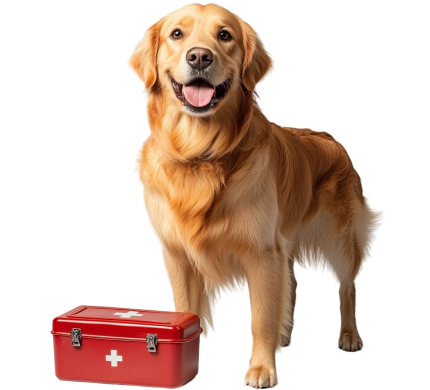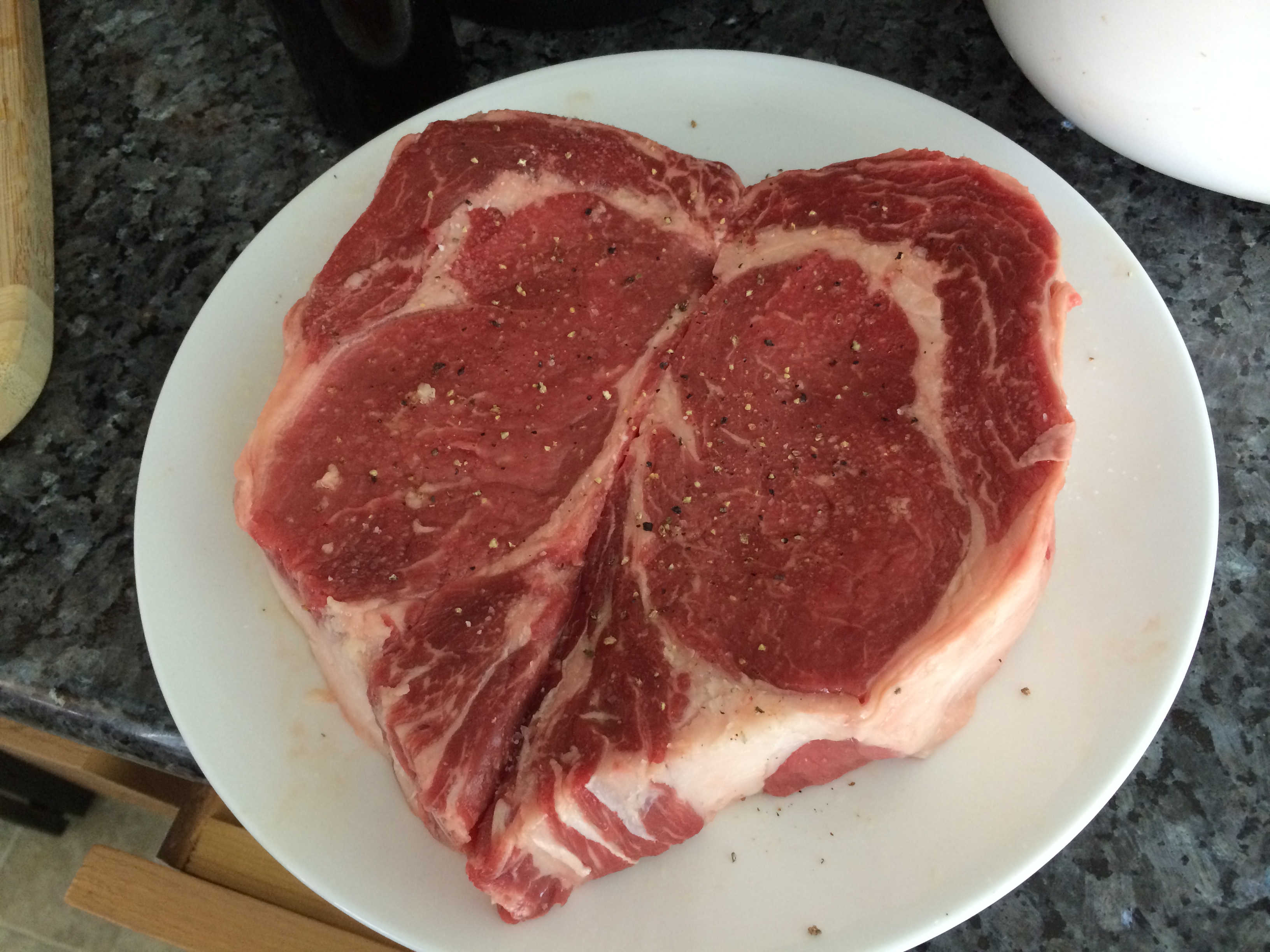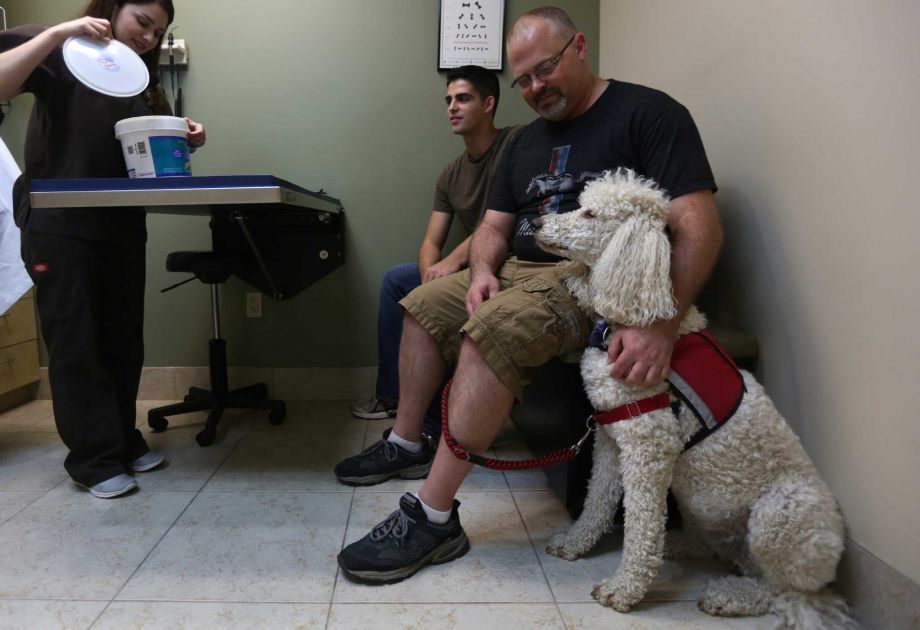Apologies, but no results were found. Perhaps searching will help find a related post.
Essential Dog Health Care Info and Veterinary Guidance
Access expert advice on keeping your best friend healthy and happy. From preventive care to nutrition guidelines, find reliable information about veterinary care and wellness tips.

Most Popular Dog Health Articles
Save a Dog With Your Pacemaker – How to Donate
Do you have a pacemaker, or do you know someone that does? If you’re on this site, we already know you love furry friends, and... Read more
Benefits of a Raw Food Diet for Dogs
Diet is a very important part of keeping your dog healthy. There have been many articles about dog food made in China that had harmful... Read more
How to Find the Right Veterinarian for your Pet
Have you recently gotten a pet or are pondering the idea of adding one to your life? Then you'll want to have a good veterinarian... Read more
Should I Vaccinate My Service Dog?
Like all canines, Service Dogs will need to be vaccinated. In fact, they may need these immunity-building aids even more so than the average pet.... Read more
Are service dog veterinary bills tax deductible?
A trained service dog helps make a disabled person's life easier. They can count on the animal to perform duties that the disabled may otherwise... Read more









